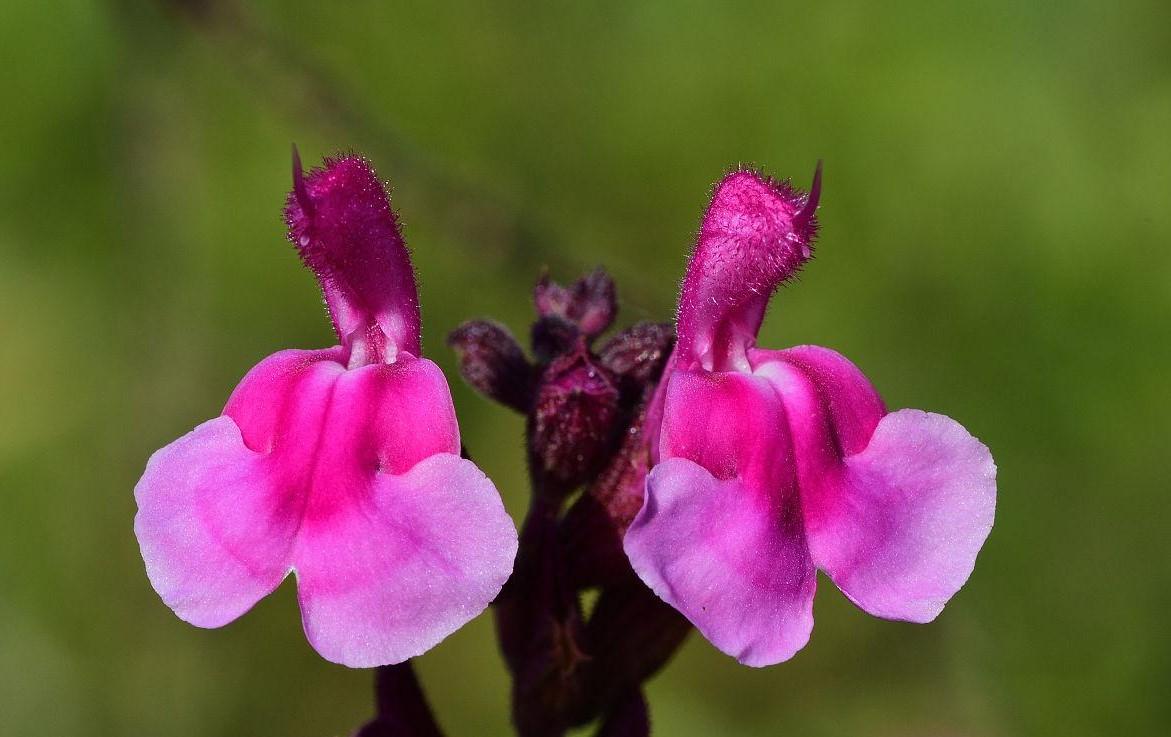The Datiscaceae family shares an interesting story of survival. These plants have adapted to grow on volcanic slopes, where the soil is nutrient-poor and can reach scorching temperatures. To cope with these harsh conditions, members of Datiscaceae have evolved thick, succulent leaves that store water and allow for photosynthesis even during the driest months of the year. In addition, their unique three-lobed shape helps to protect them from the intense heat, reflecting sunlight and reducing water loss. These remarkable adaptations have allowed the Datiscaceae family to thrive in environments that most other plants cannot withstand, demonstrating the resilience and versatility of nature.
Picture
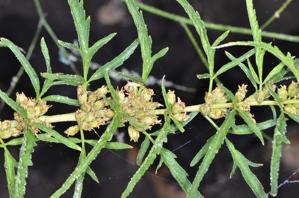
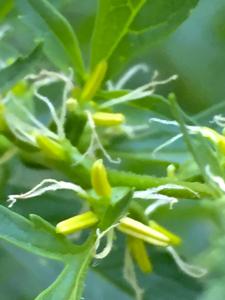
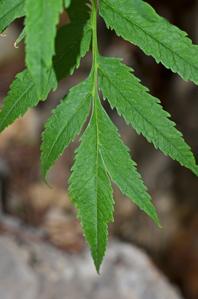
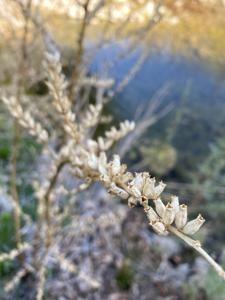
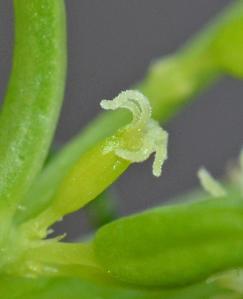
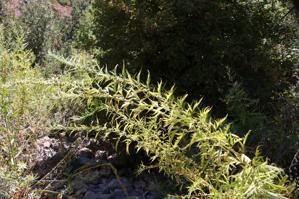
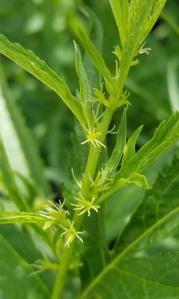
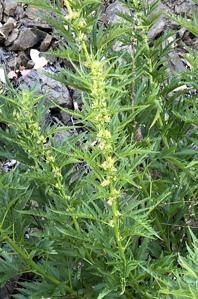
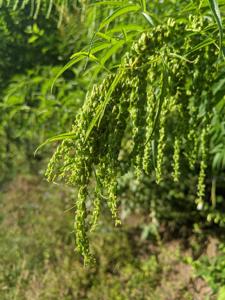
Plant some seeds now!
Short Description
The Datiscaceae are a family of dicotyledonous plants, containing two species of the genus Datisca. Two other genera, Octomeles and Tetrameles, are now classified in the family Tetramelaceae.
Datiscaceae are large herbaceous plants, with alternate and pinnate leaves.
They are actinorhizal plants, that host nitrogen-fixing bacteria in their roots, and are the only ones that are non-woody, although non-actinorrhizal plants also fix nitrogen, such as the legumes.



